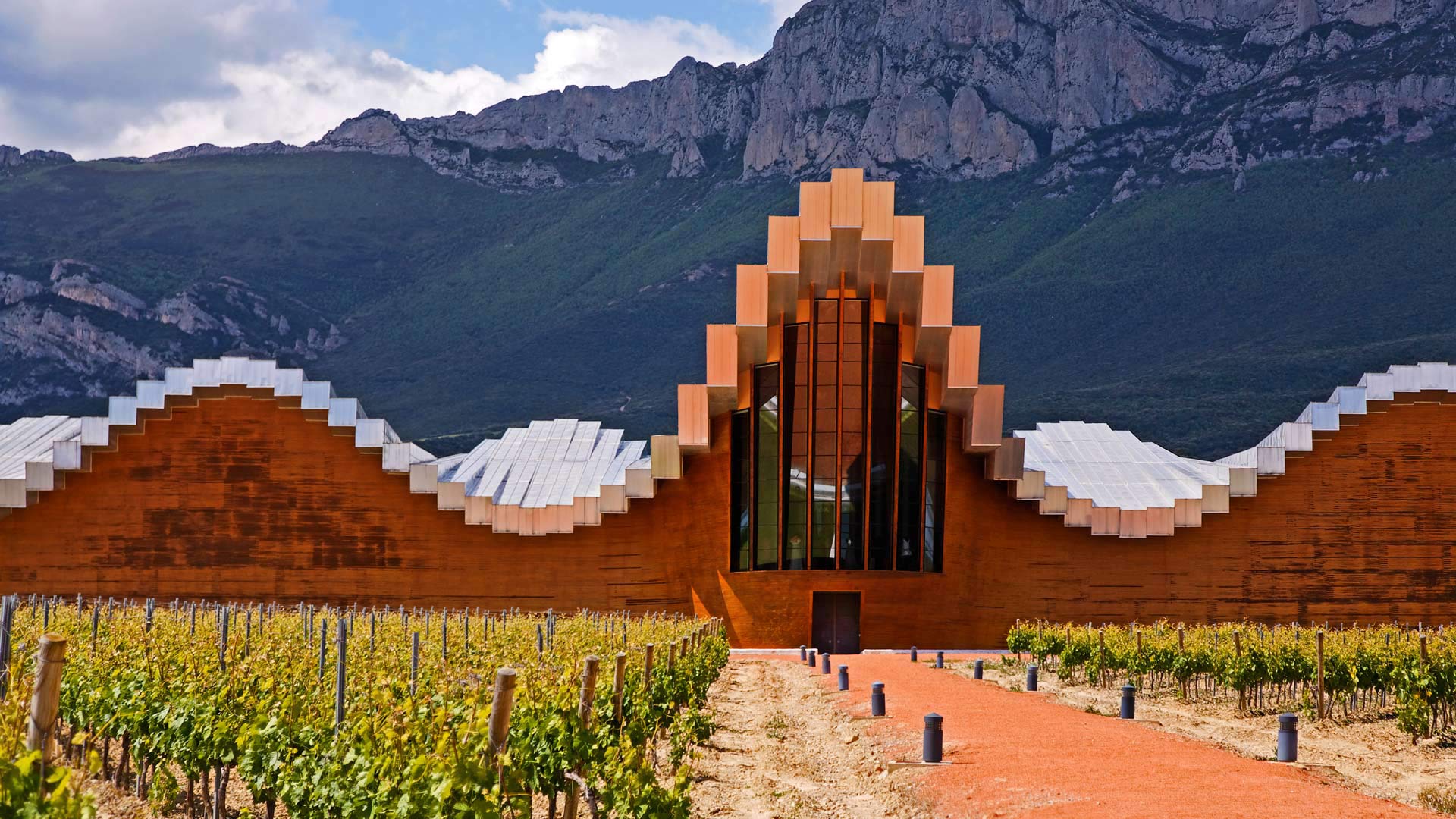Cremation machines are becoming an increasingly popular choice for individuals and families looking for eco-friendly and cost-effective alternatives to traditional burials. As the environmental impact of traditional burials becomes more evident, many people are turning to cremation as a more sustainable option.
Cremation machines, also known as cremators, use high temperature to reduce a body to bone fragments and ashes. This process requires less land and resources than traditional burials, making it a more environmentally friendly option. In traditional burials, bodies are embalmed with chemicals and then placed in caskets, which eventually decompose and release harmful toxins into the soil. Cremation, on the other hand, does not involve the use of embalming chemicals or a casket, which reduces the environmental impact.
In addition to being more environmentally friendly, cremation machines also offer a cost-effective alternative to traditional burials. Traditional burials can be expensive, as they often involve purchasing a casket, a burial plot, and other associated costs. Cremation, on the other hand, typically costs less and eliminates the need for a burial plot.
Many families also appreciate the flexibility that comes with cremation. After the cremation process is complete, the ashes can be kept in an urn, scattered in a meaningful location, or used in a variety of creative ways, such as being turned into jewelry or artwork. This allows families to personalize the memorial process and create a lasting tribute to their loved ones.
Furthermore, cremation machines provide a way to conserve land and resources. With the world’s population growing and space becoming increasingly limited, the use of cremation machines helps to alleviate the demand for burial plots and minimizes the environmental impact of traditional burials.
Despite the many benefits of cremation machines, it is important to consider the cultural and religious beliefs surrounding death and burial. While cremation is widely accepted in many cultures and religions, there are some that still prefer traditional burials. It is essential to have open and honest conversations with loved ones about end-of-life preferences and to respect individual beliefs and traditions.
In conclusion, cremation machines offer an eco-friendly and cost-effective alternative to traditional burials. The process reduces the environmental impact and provides families with flexibility and personalization options for memorializing their loved ones. As environmental consciousness and cost considerations continue to shape end-of-life decisions, cremation machines are likely to become an increasingly popular choice for many individuals and families.






